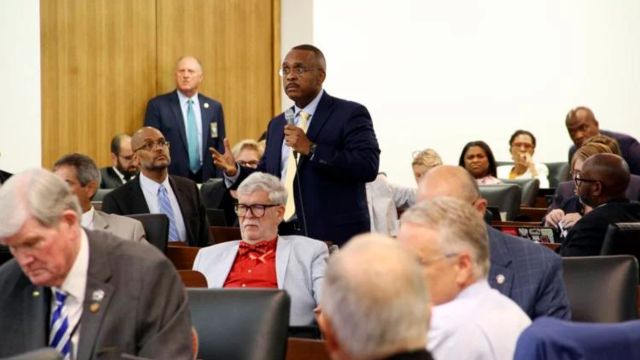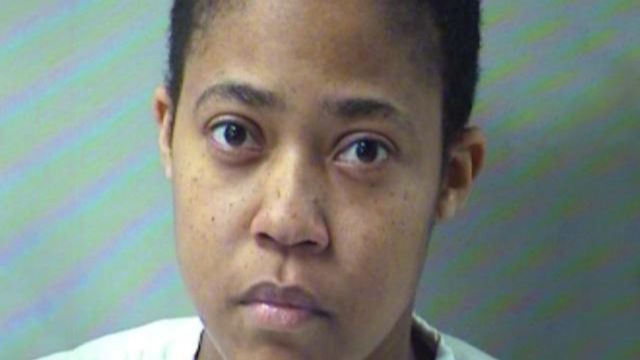Deed theft is becoming an increasing issue in New York’s Capital Region, with more residents falling victim to this deceptive crime. David White, a Cobleskill homeowner, found himself at the center of this disturbing trend when he was tricked into losing ownership of his family home. This growing crime not only affects individuals like White, but also highlights a larger, statewide problem where homeowners, especially older and vulnerable ones, are being preyed upon by scammers.
What is Deed Theft?
Deed theft occurs when scammers trick homeowners into transferring ownership of their property to them, often using fake documents or misleading information. Once the fraudsters have control of the deed, they can sell the property without the original owner’s knowledge and pocket the profit. The crime is especially common in urban areas where real estate prices are high, but it is now reaching more rural and suburban areas, including the Capital Region.
In White’s case, the scam began in June 2023 when a man named Joseph Michael Goodnough approached him. Goodnough, a local business owner, told White that his home was at risk of foreclosure due to unpaid taxes. He offered to help White settle the debts for a significant sum, but instead of following through with his promise, Goodnough took White to a store where the homeowner signed documents he didn’t fully understand. Shortly after, White discovered that the deed to his property had been transferred to Goodnough without any payment. In a few weeks, Goodnough sold the house for a much higher price.
How Deed Theft Works
Deed theft often begins with fraudsters identifying homes at risk of foreclosure, especially those owned by individuals who may be struggling financially or are not fully aware of their legal rights. Scammers use this to their advantage, pretending to offer help but instead tricking the homeowner into signing papers that give them ownership of the house. The scammer then sells the property to other buyers, often for much more than what was paid to the original owner, leaving the victim with no home and no money.
While deed theft is often considered a civil matter, it is gaining attention as a criminal issue, especially as the number of cases continues to rise. In White’s situation, a criminal investigation is underway to determine if Goodnough was involved in fraudulent activity.
Efforts to Stop Deed Theft
State officials have recognized the problem and taken steps to combat it. In July 2023, a new law took effect that makes deed theft a felony crime of grand larceny. This law also gives the state Attorney General’s office more power to prosecute those involved in property fraud. For example, Marcus Wilcher, the leader of a Queens deed theft ring, was convicted in 2023 for selling homes without the rightful owners’ consent, stealing over $1 million in the process.
Despite the new legislation, experts believe more needs to be done to protect homeowners from this crime. One of the key programs designed to help homeowners is the Homeowner Protection Program (HOPP), which provides legal assistance to people facing foreclosure or falling victim to scams like deed theft. However, this program has faced budget cuts, which many believe weakens its ability to protect vulnerable homeowners.
The Growing Risk in the Capital Region
As housing prices continue to rise in areas like the Hudson Valley and parts of the Capital Region, the risk of deed theft is growing. Legal experts like Jacob Inwald, director of litigation at Legal Services NYC, believe the problem is only going to get worse. “It’s definitely creeping up,” Inwald said, warning that homeowners in these areas need to be extra vigilant.
While authorities have made some progress in addressing the issue, there is still much work to be done. Local district attorneys in the Capital Region have not yet prosecuted many deed theft cases, and victims like David White are often left to fight long, complicated legal battles to get their properties back.
A Call for Stronger Protection
Legal experts, including White’s attorney, James Sottile, believe that stronger laws and more funding for programs like HOPP are essential to protect homeowners from becoming victims of deed theft. Sottile emphasized the need for greater oversight in foreclosure cases, where scammers often identify properties at risk of being seized and target them for fraud.
White’s experience shows how easily homeowners can fall victim to this crime. “I felt it was the best I was going to get,” White said, reflecting on his decision to sign the fraudulent documents. “Instead, there was a lot of anxiety and pressure.” For many homeowners, the emotional toll of losing their homes is just as severe as the financial consequences.
Conclusion
Deed theft is a growing issue that affects homeowners across New York State, particularly in areas where housing prices are high. While new laws are in place to help prevent these crimes, victims like David White continue to struggle. It is crucial for lawmakers to strengthen protections and ensure that programs like HOPP are fully funded to prevent more individuals from losing their homes.
(Source : newsbreak.com)




